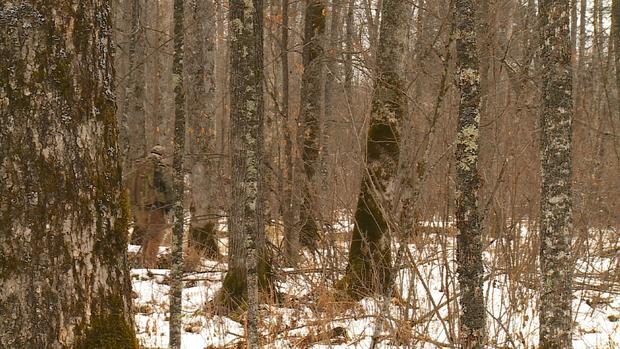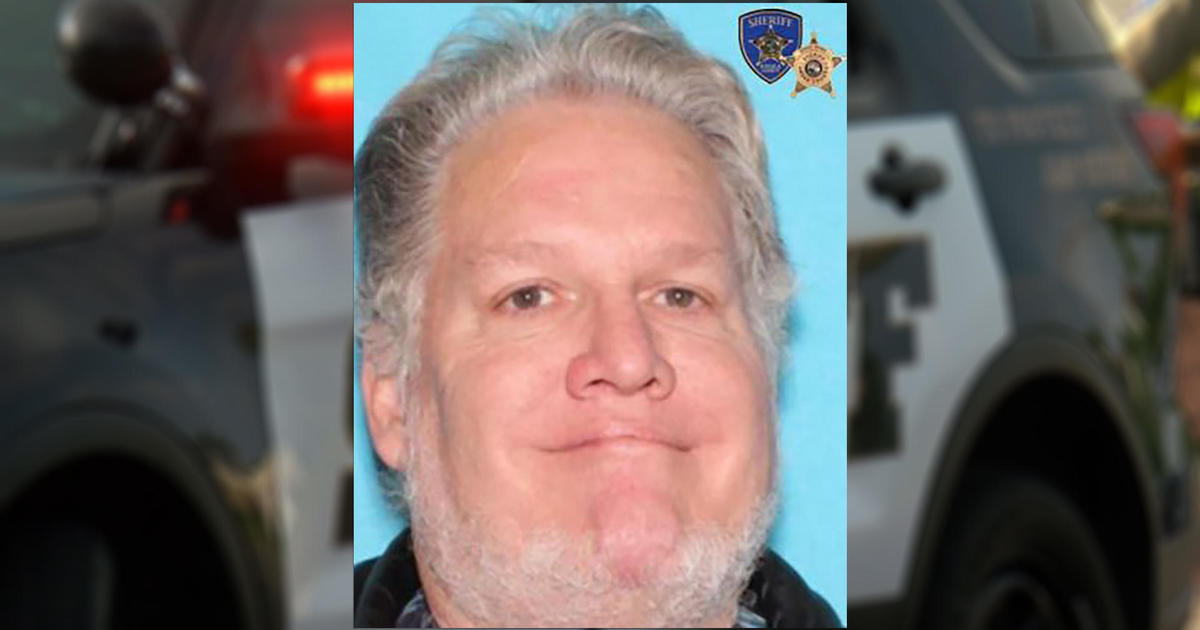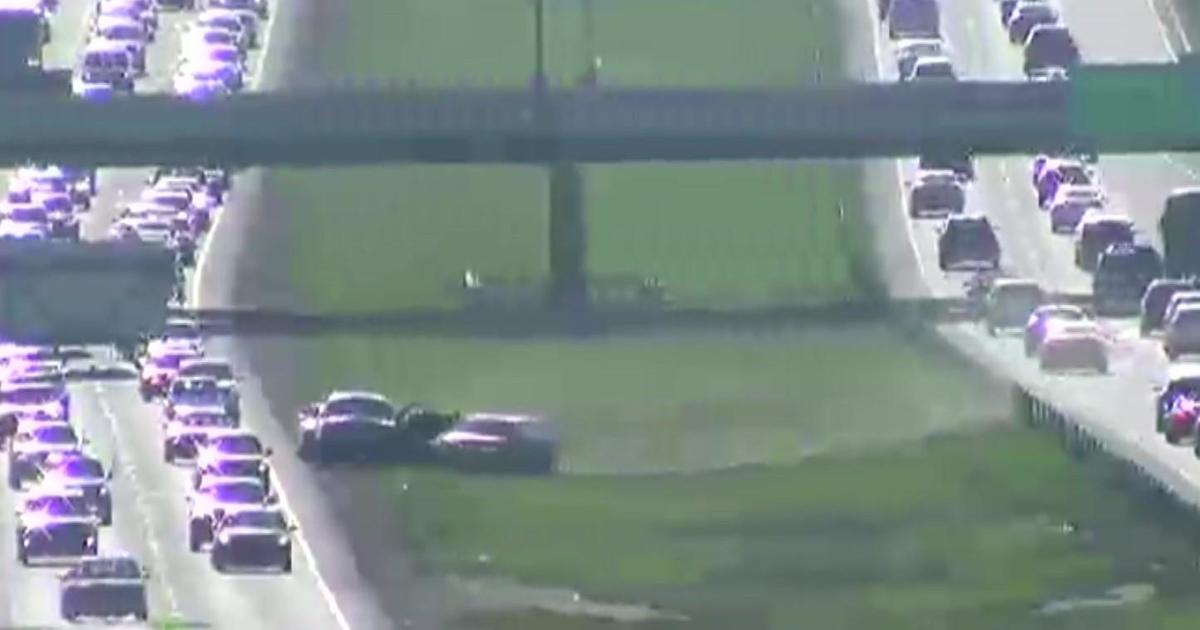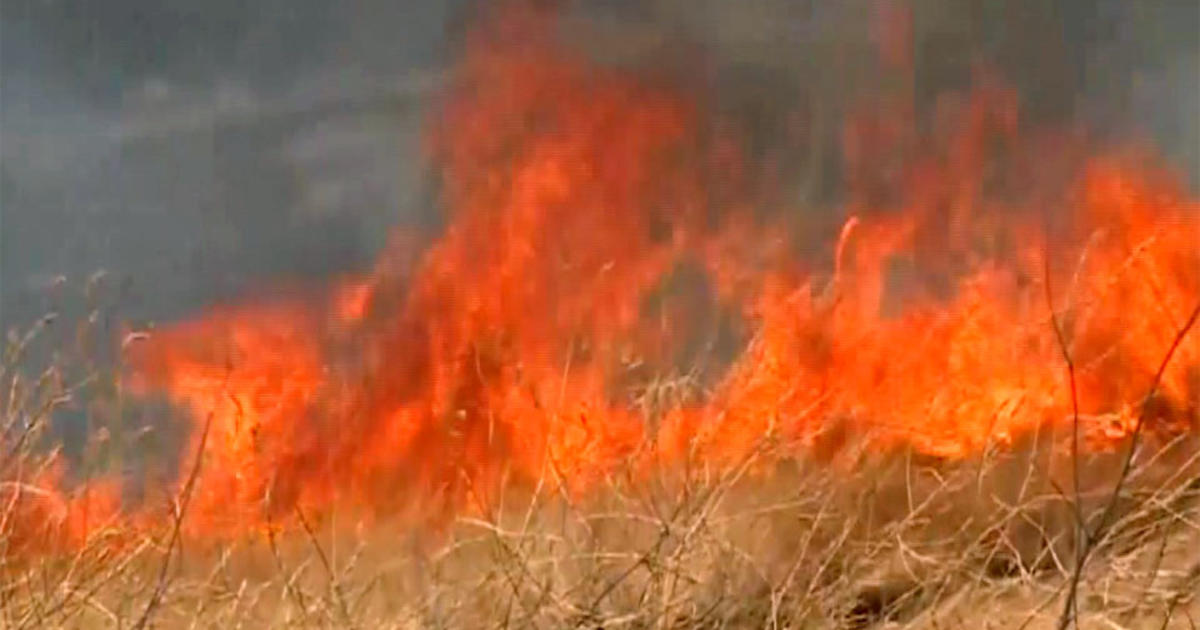Survival Expert Offers Outdoors Preparedness Tips
EMILY, Minn. (WCCO) -- It's a common fear, especially for those who travel in remote areas. What if your car breaks down or you hurt yourself, and there's no one around for miles? How long could you survive in the elements while trying to get help?
Last fall, 21-year-old August Kramer, of Mahtomedi, got stranded in a mountainous forest in Montana, where he's a student.
"When the car stopped running, it kind of felt like my stomach just kind of dropped into my feet," Kramer said.
There was no cell phone service in the area, and no cities or towns for 50 miles.
"I had seen planes and helicopters fly over, but they didn't see me," he said.
Kramer grew up fascinated with survival books, which taught him how to build a fire. As he wandered through the forest, he scooped water from a nearby stream and boiled it over the flames in a beer can, then strained it through a handkerchief for pure drinking water.
He also rationed bits of a granola bar, and even sampled a taste of the wild.
"I caught a grasshopper and cooked it over my fire and ate it," he said, "just because I figured if I could get a little something extra that I might as well."
He would need it, because it would be about 50 hours before help arrived.
Devin Cesnik owns Spartan Survival Training in central Minnesota. He conducts courses on a 1,000-acre piece of land near the town of Emily, and he says emergencies often reveal a person's psychological strength more than their physical strength.
"There're things that are going to come out, that fear and panic and anger and all these other emotions," he said. "When that stressful situation hits, you'll either crumple up and lay down and die or you'll fight through it."
Cesnik spent nearly 12 years in the military, training forces headed for high-risk areas.
"Our job is to prepare them for the unexpected," he said, "the worst scenario that they could possibly find themselves in, wherever they might be in the world."
Cesnik said those same skills apply when emergency strikes at home.
"Don't try to take on that whole survival situation at one time," he said. "Take it piece by piece: 'Okay, I just need to make it five more minutes. I just need to get this going, all right. I just need to get my fire going.'"
He said keeping your body temperature close to 98.6 degrees is critical, which is where fire-building skills come in handy.
It's a matter of facing each problem and coming up with solutions, and Cesnik said nature itself offers plenty of solutions for shelter, such as a drowned tree for cover or wild grasses for warmth.
Many problems, he said, can be avoided with a little preparation. Cesnik always carries a multi-tool with options such as a knife, pliers, saw blade and screwdriver.
He also has a space blanket, a basic medical kit and water in his car.
"That's going to kill you the fastest, becoming dehydrated," he said. "Start making bad decisions and all of a sudden you find yourself not walking out of a very survivable situation."
Related: Winter Survival Kit
In Kramer's case, he figured out a way to get attention.
He used a lint roller to attach his music CDs to the roof of his SUV to reflect the sun. Help finally arrived in the form of a passing hunter.
"It's kind of the Boy Scout motto of 'Be Prepared,'" Kramer said, "because anything can happen, and it does happen, so you've just got to be ready for it."
Many people make the mistake of assuming that having a cell phone will keep them safe.
But Cesnik pointed out that even if there's a good signal and the battery is charged, it could take a long while for help to arrive.
During that wait, there could still be challenging circumstances.




